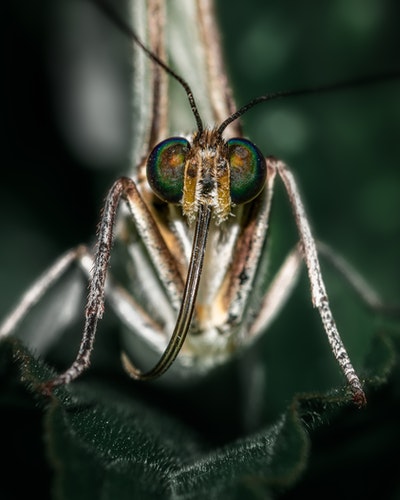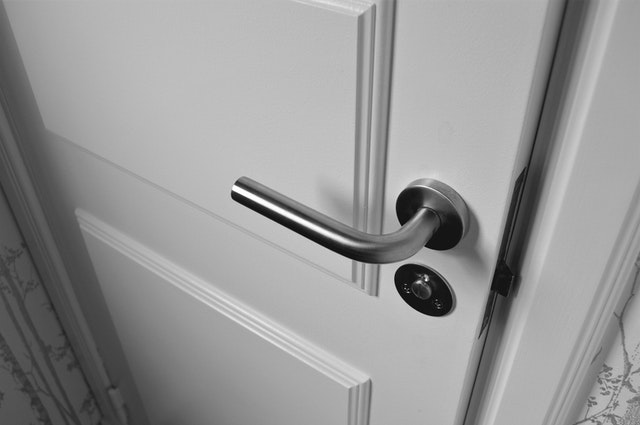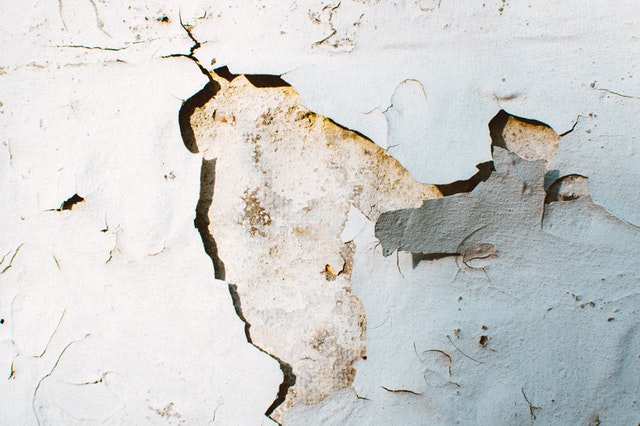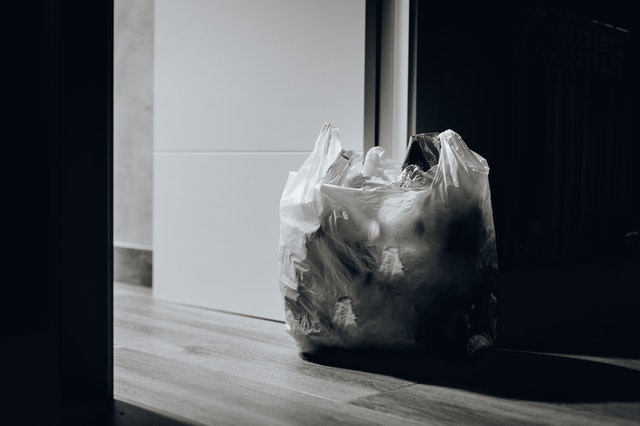Many people are surprised to turn over their cleaning products and find expiration dates. However, it is standard practice for many manufacturers to list these dates to ensure customers get the most use out of the product.
If you are like most people, you might hang on to cleaning products for months or even years past their best effective dates. Does that mean the product is no longer going to clean your glass or counter? Not necessarily. The longevity of a product typically depends on the chemicals and formula used.
Why Do Cleaning Products Expire?

When referring to expiration, a manufacturer typically refers to the potency of the product more than anything else. A cleaning product will not usually spoil. Still, the efficacy or usefulness of the item might degrade over time.
Bleach, a standard household cleaner, typically loses potency about six months after opening it. Experts suggest that bleach will lose approximately 20% of its effectiveness after six months. Glass cleaners tend to hold their potency for longer periods, up to two years.
Therefore, when looking at an expiration date on a cleaning product, do not assume it is no longer safe to use. In most instances, the expiration only signifies the product will not work as well as it once did. It would be best to be cautious of this degradation, especially when using anti-bacterial cleaners.
How Long Should They Last?

While bleach tends to have a short lifespan, most household cleaners will last. In many cases, manufacturers use preservatives to ensure a longer shelf life, in some cases two years.
Not all products will list an expiration date. They will typically have a "born on date" or lot or batch number. If you are not sure how long you have had a product or think it might no longer be safe or effective, you can contact the manufacturer for more information.
How Can You Dispose of Expired Items?

Some people might want to use every drop of a cleaning product to get the most out of their purchase, but you are better off tossing it once a product reaches expiration. However, do not throw partially full bottles into the trash. Many products are toxic, and throwing them away recklessly can contaminate waterways.
When you must discard a cleaning product, check the bottle. Most bottles or labels will give instructions for disposal. If you cannot find instructions, contact the manufacturer.
Should You Have an Inventory System?

If the products you use have an expiration date, be sure to organize them according to it in storage. You always want to use the first products you purchased before newer products.
If there is no expiration date, use a sharpie to label the bottom of the bottle with the date you opened the product. Labeling the products means you always know how long you have been using a product and when to pitch it.
Expiration dates do not mean the same thing on cleaning products as food. Food spoils past its expiration, but cleaning products lose potency. Still, to get the most out of your cleaning supplies, it is best to use products before they expire.
Have you ever used cleaning products past their "best by" date? Did it still perform? Comment below.










